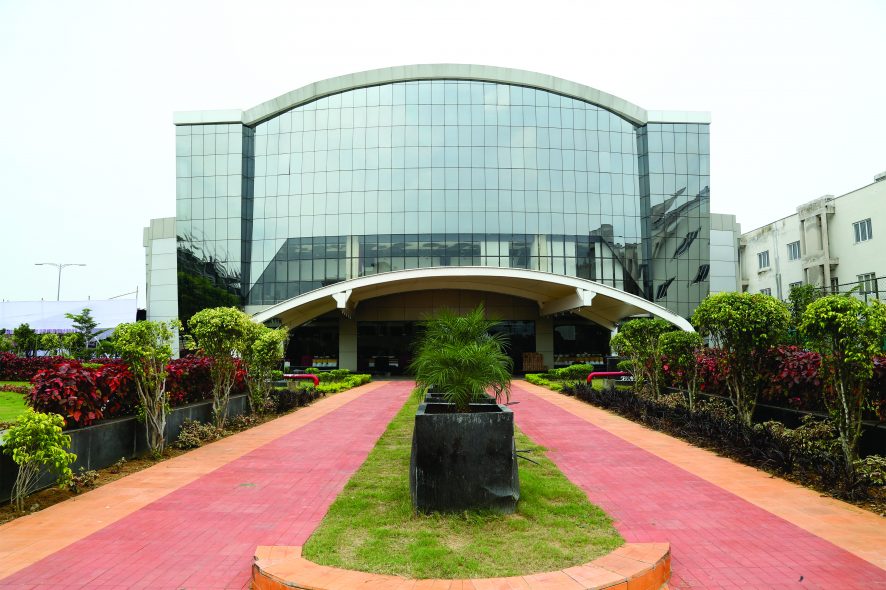Centre for Women & Law, National Law University Odisha proposes to bring out an edited volume with a multidisciplinary approach on “Socio-legal Androcentrism and Gender Inequalities”.
Objective of the proposed book is to contribute in the dismantling of the metanarrative of patriarchy which relegates women to the ‘second sex’ and hinges her existence relative to the men.
Androcentrism and metanarrative of patriarchy has traditionally influenced and shaped social behaviours, norms and cultural outlook. The same influence is also present in many legal frameworks and policies. And in numerous situations, law and state policies cement the patriarchal and androcentric notions. Law can be an instrument of social transformation or a reason for social stagnation. There is an urgent need to modify laws to make them gender just
following the letter and spirit of Indian constitution and universal human rights values.
However, framing of law alone cannot guarantee equality unless certain social, cultural and behavioural changes are internalised by the society as a whole. Therefore, the proposed book aims at countering both social and legal androcentrism which perpetuate gender inequalities in our society in the name of law, customs, traditions or religion.
We live in a predominately patriarchal society characterized by strong and all-too-familiar inequalities on the basis of gender in the realms of work, wages, use of space and time, social recognition, power, etc. Such unequal treatment has led to a widespread devaluation of the activities traditionally carried out by women, as well as of their mentalities, relationship types and bodies. In short, the simple fact of being a woman has been devalued. Patriarchal
devaluation of “womanhood” does not mean that the latter has no intrinsic worth, of course. On the contrary, we must recover value of womanhood if we are to dismantle patriarchy.
The reduction or total elimination of the existing inequalities between men and women, which largely drives the politics of equality or reconciliation, can be described as “equality in a masculine mode.” The aim is to obtain equal rights for both men and women without, however, seeking to alter the dominant socio-political model. Thus, women are encouraged to achieve parity with men in terms of their participation in society and the workplace, their use
of public space, their responsibilities, positions of power, etcetera; in other words, they are encouraged to occupy the social spaces traditionally reserved for men, and to enjoy the status and recognition associated with those spaces. The idea is for women to gradually integrate into the existing androcentric model by participating more and more actively in the public world, without truly transforming the model itself. For a section of the female population, this
situation might possibly result in a better quality of life and improved rights vis-à-vis the male population.
Many recent judgements of the Apex Court have also highlighted inherent androcentrism of Indian social norms which is also reflected in law. Accordingly it’s a transdisciplinary area, which has been revived with judgements like Joseph Shine (2018 SC), Shakti Vahini (2018 SC), Shafin Jahan (2018 SC) etc.
Themes
Given themes are suggestive in nature, and authors can go beyond them.
- Patriarchal metanarrative and Gender Inequalities
- Epistemology of Gender
- Modernism, Post-modernism and Gender
- Third and Fourth Wave of Feminism
- Gender stereotypes and its impact on socio-legal perception of Gender
- Law and Gender Inequalities
- Customary practices and Gender discrimination
- Religious Personal Law and Gender discrimination
- Religion, Culture and Gender
- Women Empowerment
- Gender and Constitutional Claims
- Matrimonial Laws and Gender claims
- Property/succession law and gender concerns
- Law and Sexuality
- Labour laws and Gender
- Law and the third gender
- Gender concerns and LGBTQIA
- Criminal law and gender
- Politics of gender
- Minority rights and gender
Last date of submission (deadline) for the upcoming Edited Volume on “Socio-Legal Androcentrism and Gender Inequalities” by Centre for Women & Law, NLUO has been extended till August 31st, 2020.
For more details, refer Revised_Call for Contributors – CWL







